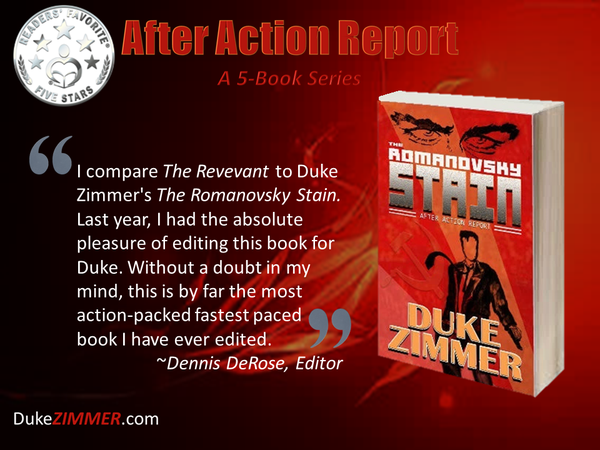When did you first know you were destined to be a writer? LOL, I never realized I was destined to be a writer -- I fell into it. I'd written poetry for years, collecting it in notebooks stacked in my attic when I wrote one I wanted to keep. This led me to several online sites and ultimately to discovering the Muse Online Writers Conference where I hooked up with Linda Barnett Johnson and joined her writers forums. She required everyone to write both fiction and poetry, so, with much trepidation, I started writing fiction. Then I got hooked on it, wrote a chapter book, took the ICL course and actually learned how to write it. Then in 2010, I was seized by a desire to write a sci fi novel, so I spent six weeks or so on world building, mostly, with a bit of plotting thrown in for good measure. Who would you cite as your influences? I'm a way-back sci-fi fan, and Robert A. Heinlein influenced me heavily. I took a lot away from his writing, notably the value of surpris...


Comments
Post a Comment